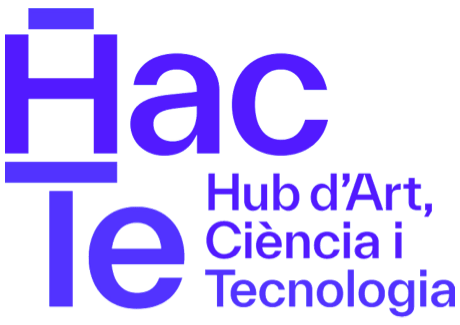'Panel'
← 'Panel'
Panel / Decolonizing the machine: race, gender, disability, robots, computation and art
- Abstract: Black feminist scholar Sylvia Wynter identified how the notion of what it means to be “human” is marked by race and other axes of difference, and points to how different ‘genres’ of humanity (full-humans, not-quite humans, and nonhumans) are encoded through racial, gendered, and colonial hierarchies. Disability studies scholar Margrit Shildrick proposes that embodiment is never self-complete or protected against otherness, noting how the neoliberal notion of embodiment is grounded on an imaginary of corporeal wholeness and integrity. Recent scholarship has looked at how these hierarchies and imaginaries are encoded through biased digital technologies that systematically harm persons of color and elide people with disabilities. However, critical race studies, decolonial theories and disability studies are rarely considered in discourses surrounding machines and art.
What are the impacts of algorithmic bias and encoded discrimination in the context of machine vision algorithms, natural language processing and robotic embodiments as they relate to gender, race and disability? How might artistic practice and rogue research methods challenge/refute/disrupt/blow up the dehumanizing practices that are encoded into machines? Our thinking/framing is informed by Sylvia Wynter, Margrit Shildrick, Alexandre Weheliye’s Habeus Viscus, Louis Chude-Sokei’s The Sound of Culture, Ruha Benjamin’s Race After Technology, Safiya Noble’s Algorithms of Oppression, Jennifer Rhee’s The Robotic Imaginary, and Joy Buolamwini’s work on inclusive coding and The Coded Gaze. We critically inquire into issues of race, gender and disability as they relate to performing machines/technological bodies in robot and cyborg art.
- Biography: We are a group of artists, researchers, and scholars from diverse fields, including performing arts, media art, robotics, artificial intelligence, curation and social sciences. We are united in seeking to understand and overturn the inequities and discriminatory processes built into machine-mediated art and sciences. We came together at a conference stream entitled “Decolonizing the Machine” at Politics of the Machine 2021, and continue to work together to imagine a more equitable future.
⟵ Return to 'Panel'





